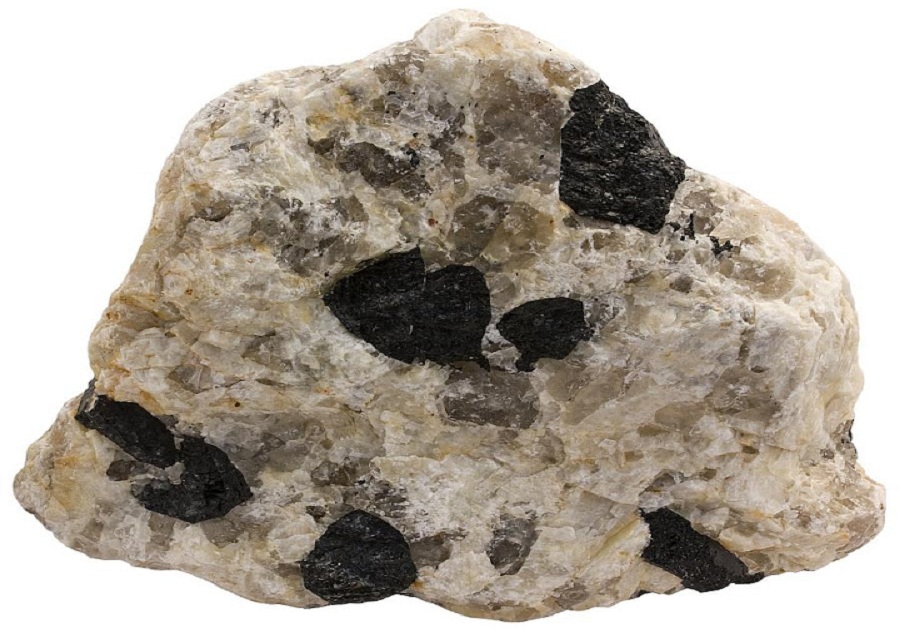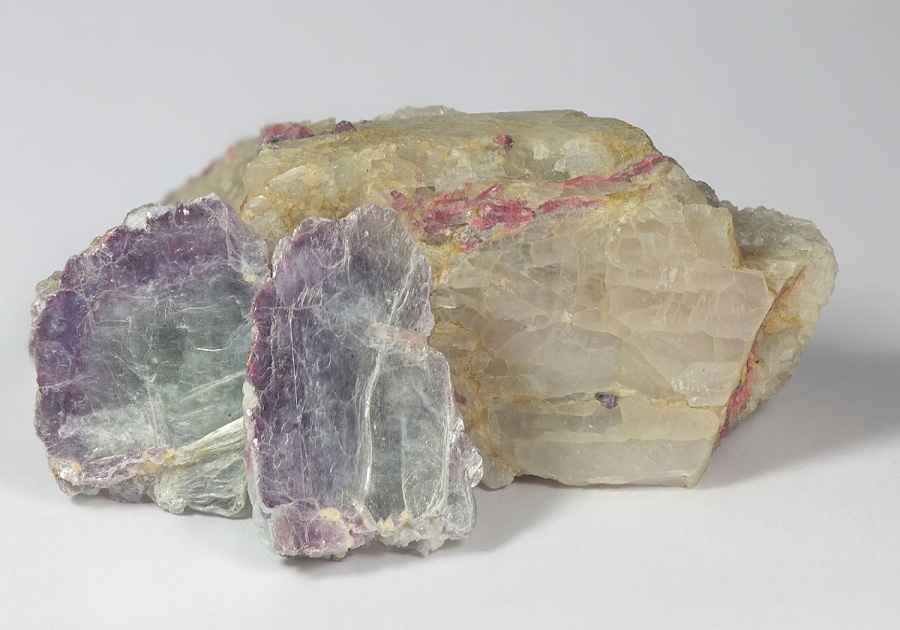


A mineral is a naturally occurring substance that is solid and inorganic, representable by a chemical formula, usually abiogenic and has an ordered atomic structure. Nigeria is blessed with huge deposits of solid minerals, amongst them gold, tantalite, barite, limestone, bitumen, kaolin, iron-ore, zinc, lead, topaz etc. Briceol Minerals, Mining and Allied Services is vested mines and steel development. The functions of this service include amongst other things are ensuring the orderly and sustainable development of Nigeria's mineral resources, creating an enabling environment for private investors both foreign and domestic by providing adequate infrastructure for mining activities e.t.c.

Gold is one of the densest of all metals. It is a good conductor of heat and electricity. It is also soft and the most malleable and ductile of the elements; an ounce (31.1 grams; gold is weighed in troy ounces) can be beaten out to 187 square feet (about 17 square metres) in extremely thin sheets called gold leaf. Gold is visually pleasing and workable and does not tarnish or corrode, it was one of the first metals to attract human attention. Because of its unique qualities, gold has been the one material that is universally accepted in exchange for goods and services.

Bitumen is a viscous substance that exists in a liquid to a semi-solid phase. It has a blackish-brown color. It is generally composed of asphaltene resin and other petroleum compounds. Bitumen is a beneficial material that is used in various industries. More than 85% of the world’s bitumen production is used for road construction, 10% is used in other constructions and 5% is used in a variety of other industries, including insulation. Bitumen is found in nature and also can be extracted from crude oil, it is usually used as an additive for waterproofing coating, mud drilling, and road construction.

Granite is a common, coarse-grained, hard igneous rock consisting chiefly of quartz, orthoclase or microcline, and mica. Granite has been used as a building material since ancient times. It is one of the oldest and most durable building products available, and will far outlast the building in which it is installed.

Iron ores are rocks and minerals from which metallic iron can be economically extracted. The ores are usually rich in iron oxides and vary in color from dark grey, bright yellow, or deep purple to rusty red. Ores containing very high quantities of hematite or magnetite (greater than about 60% iron) are known as "natural ore" or "direct shipping ore", meaning they can be fed directly into iron-making blast furnaces. Iron ore is the raw material used to make pig iron, which is one of the main raw materials to make steel—98% of the mined iron ore is used to make steel.[2] In 2011 the Financial Times quoted Christopher LaFemina, mining analyst at Barclays Capital, saying that iron ore is "more integral to the global economy than any other commodity, except perhaps oil".

Lithium is a chemical element with the symbol Li and atomic number 3. It is a soft, silvery-white alkali metal. Under standard conditions, it is the least dense metal and the least dense solid element. Like all alkali metals, lithium is highly reactive and flammable, and must be stored in vacuum, inert atmosphere or inert liquid such as purified kerosene or mineral oil. When cut, it exhibits a metallic luster but moist air corrodes it quickly to a dull silvery gray, then black tarnish. It never occurs freely in nature, but only in (usually ionic) compounds, such as pegmatitic minerals which were once the main source of lithium. Due to its solubility as an ion, it is present in ocean water and is commonly obtained from brines. Lithium metal is isolated electrolytically from a mixture of lithium chloride and potassium chloride.

Coal is one of the essential energy sources in the world. Nigeria coal is one of the most bituminous due to its low sulfur and ash content. It is the most environment-friendly. Coal is a combustible black or brownish-black sedimentary rock, formed as rock strata called coal seams. Coal is mostly carbon with variable amounts of other elements, chiefly hydrogen, sulfur, oxygen, and nitrogen. It is a nonrenewable fossil fuel that is combusted and used to generate electricity.